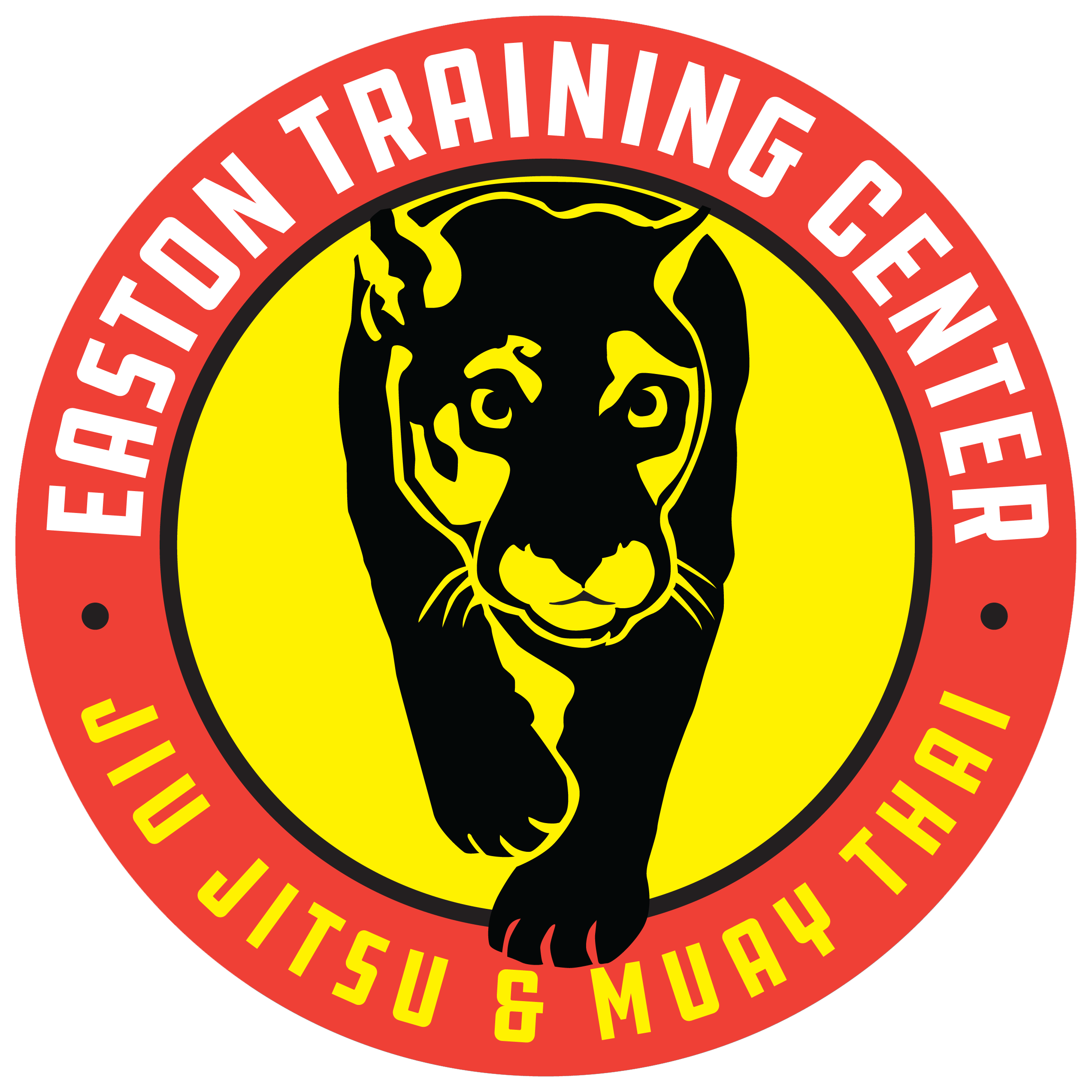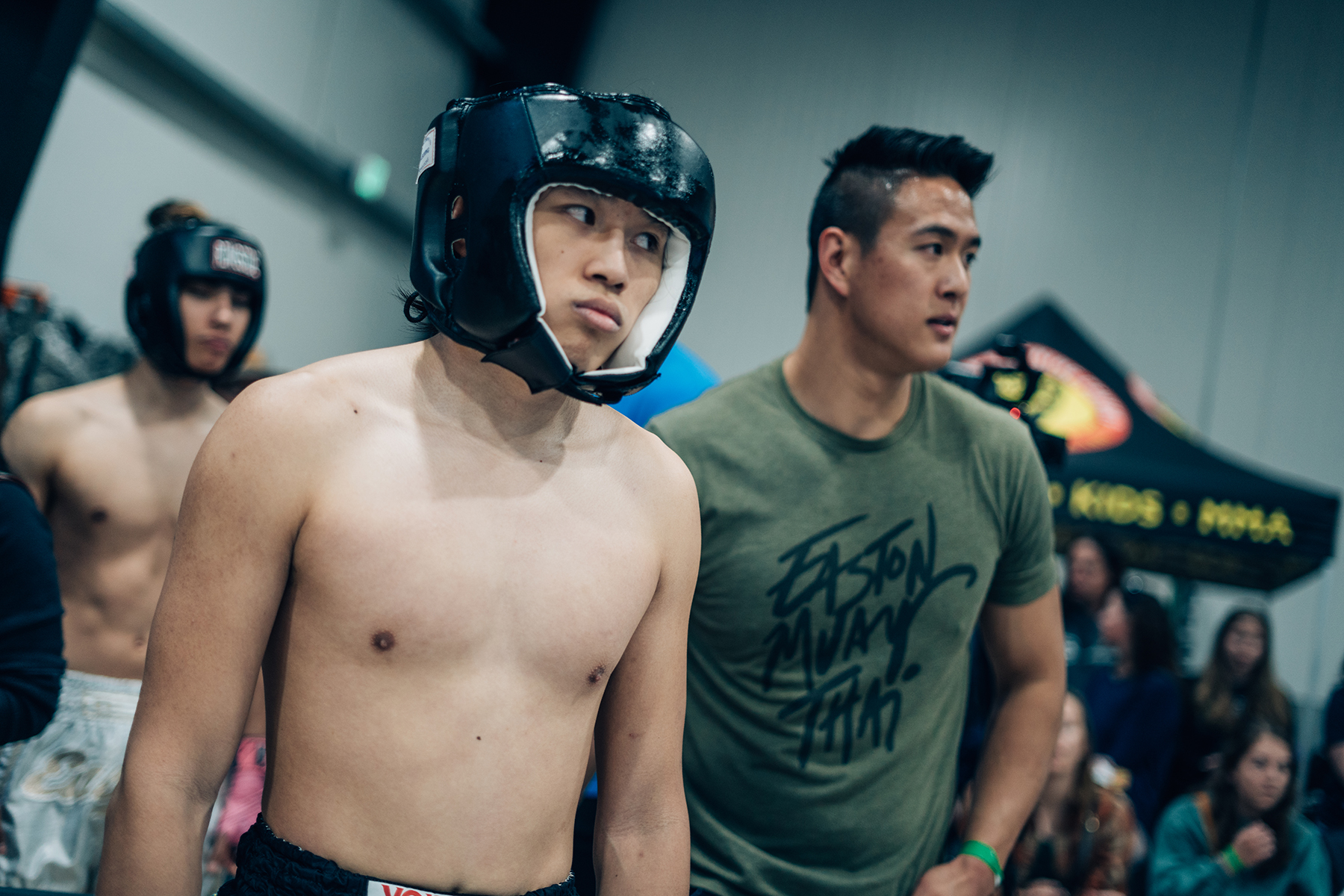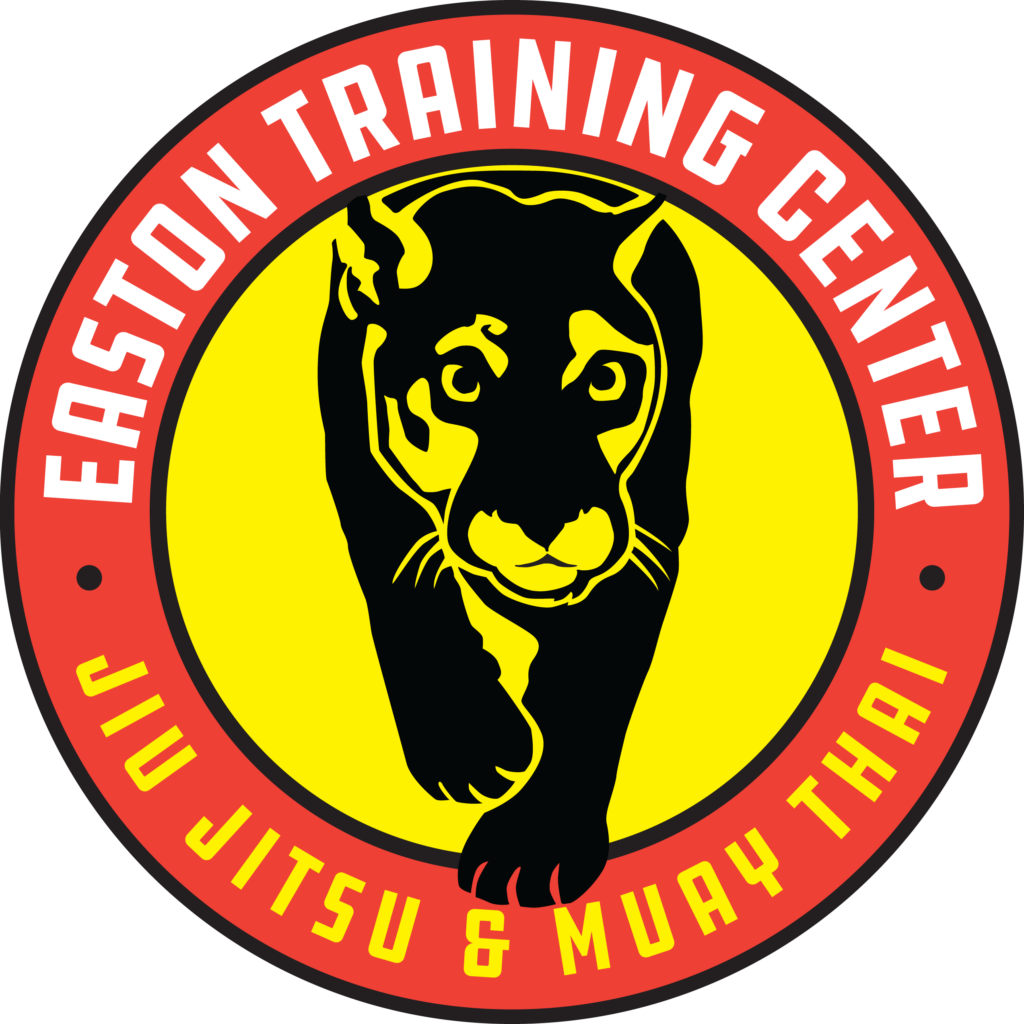“Pawn to E4 was your mistake. You couldn’t recover after that,” said Abi as he seemed to stare off into space beyond me.
His sentence pierced the thick silence which, until that point, had only been occasionally broken by periodic sips from his nearly empty Capri Sun. Two and a half grueling hours had passed while we sat across from each other staring intently at the chess board.
This moment will be etched in my memory forever. I am certain of it. Immediately after Abi apathetically, and matter-of-factly, pointed out why I had just lost to him, the entire scene vividly burned itself into my long-term memory.
Abi’s short legs dangled from his tall chair. He was wearing small New Balance sneakers with two velcro straps that kept them tightly fastened to his little feet. I also noticed what appeared to be marinara sauce or ketchup stains on the toes of his shoes. His hair was disheveled, his face was covered in chocolate and he smelled like he needed a bath. Abi was six years old, and had just decimated me using the black pieces.
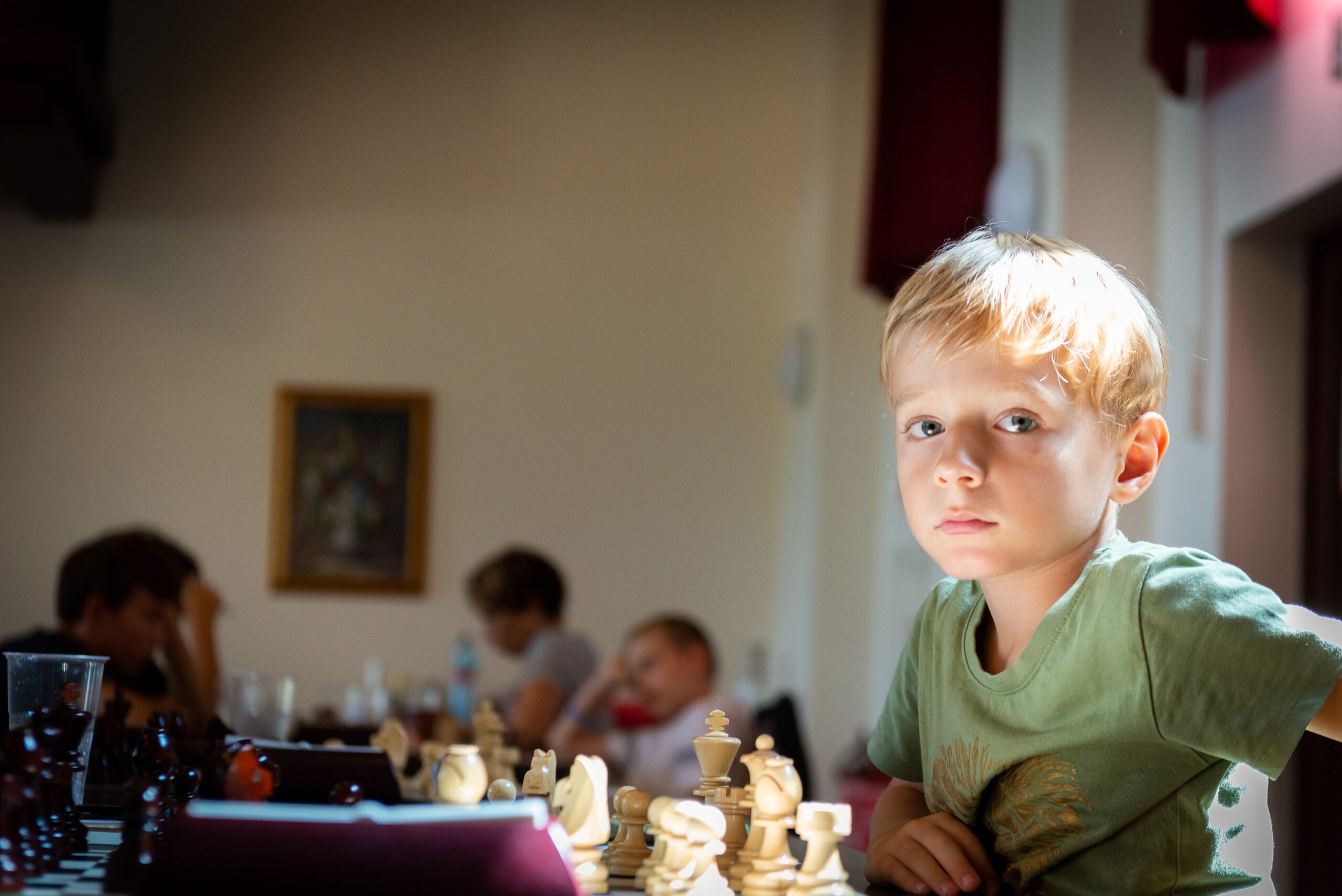
I have been doing Brazilian Jiu Jitsu for close to twenty years, and have played chess avidly for close to three years. Over the past two decades, I have heard Jiu Jitsu compared to chess many times over — and for good reason. There are many features of Jiu Jitsu that transfer fairly directly to the domain of chess and vice versa.
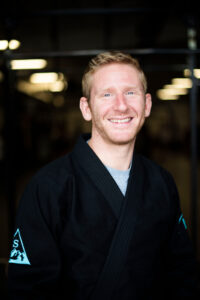
Both cerebral in nature, they require a strong foundational understanding of first principles and techniques to achieve anything at all resembling competence. Both represent a game of wit that requires sound tactics and strategy to succeed, and both are games of pure objectivity in that one person really wins while the other really loses with the outcome visible to the participants and everyone else watching.
I could continue to expound on the striking similarities that exist between chess and Brazilian Jiu Jitsu, but there is one overlapping characteristic that deserves special attention: to be good at either, one must develop a high resistance to failure and setback while also embracing its resultant emotional turmoil.
Most of you reading this are probably in the process of trying to get good at something. Many of you are working hard to improve in Jiu Jitsu, Muay Thai or Kickboxing, and are probably experiencing some degree of frustration, discouragement or even sadness while engaging in your pursuit.
We compare ourselves to others, we measure our success purely on specific results, and then extrapolate that measurement to define our entire self-worth. This mindset either leads people to quit or to endure while suffering needlessly.
In the twenty years I have been training in Jiu Jitsu, one of the most important skills I have been forced to learn (and I’ve learned many) is how to navigate this very difficult terrain effectively.
I’ve been forced to learn how to fail, over and over again, and how to not veer into the seductive ditch of self-loathing and self-sabotage. I have had to more closely inspect the difference between being process-oriented and results-oriented, and my own proclivity for gravitating to the latter. I have learned that the old saying “anything worth having is worth working for” actually holds true, and that much of the work I needed to do comes down to that of improving my own mindset.
[Easton All-Staff: Starting a School, Trusting Succession and Choosing Your Hard]
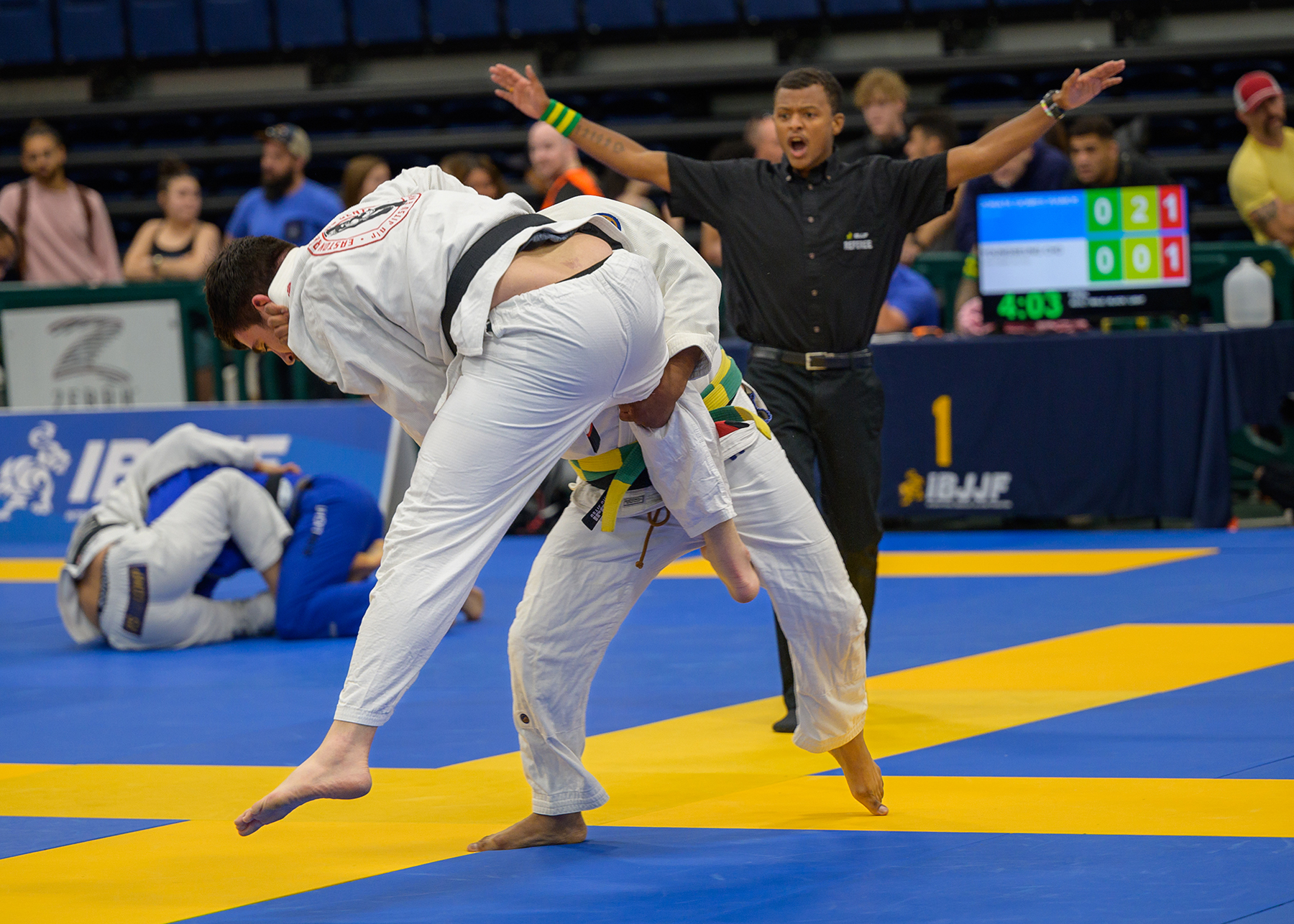
While I feel the urge to continue bloviating and speaking in trite platitudes, I won’t. Instead, I will admit that even after twenty years of practice, and a keen familiarity with setbacks, disappointment and failure, I still struggle, at times, to take my own advice. I once heard Sam Harris, a modern-day philosopher whom I respect very much say, “true wisdom lies in one’s ability to take their own advice.”
I was asked to write this piece at an interesting time in my chess journey.
My loss to Abi, a six-year-old, was fairly demoralizing and it was the last time I have played. This was over six-months ago. I still practice daily, study a little bit each week, and fully plan on continuing my chess improvement, but I have not approached the game with the same vigor or enthusiasm as I had before.
It wasn’t my loss to Abi in isolation that caused me to take, what is now, officially, a hiatus, but rather the way I noticed I’ve been treating myself the past several years while so heavily invested in chess. It’s easy in chess and in Jiu Jitsu or Muay Thai, to immediately associate losing with a label — unathletic, unintelligent — or to attribute failure to some other immutable characteristic for which we have no control.
This is a very easy trap to fall into, one well worth avoiding, and one that admittedly, I have noticed myself slipping into often. The good news is, because of how familiar I am with this well-worn territory, I know I will get past it.
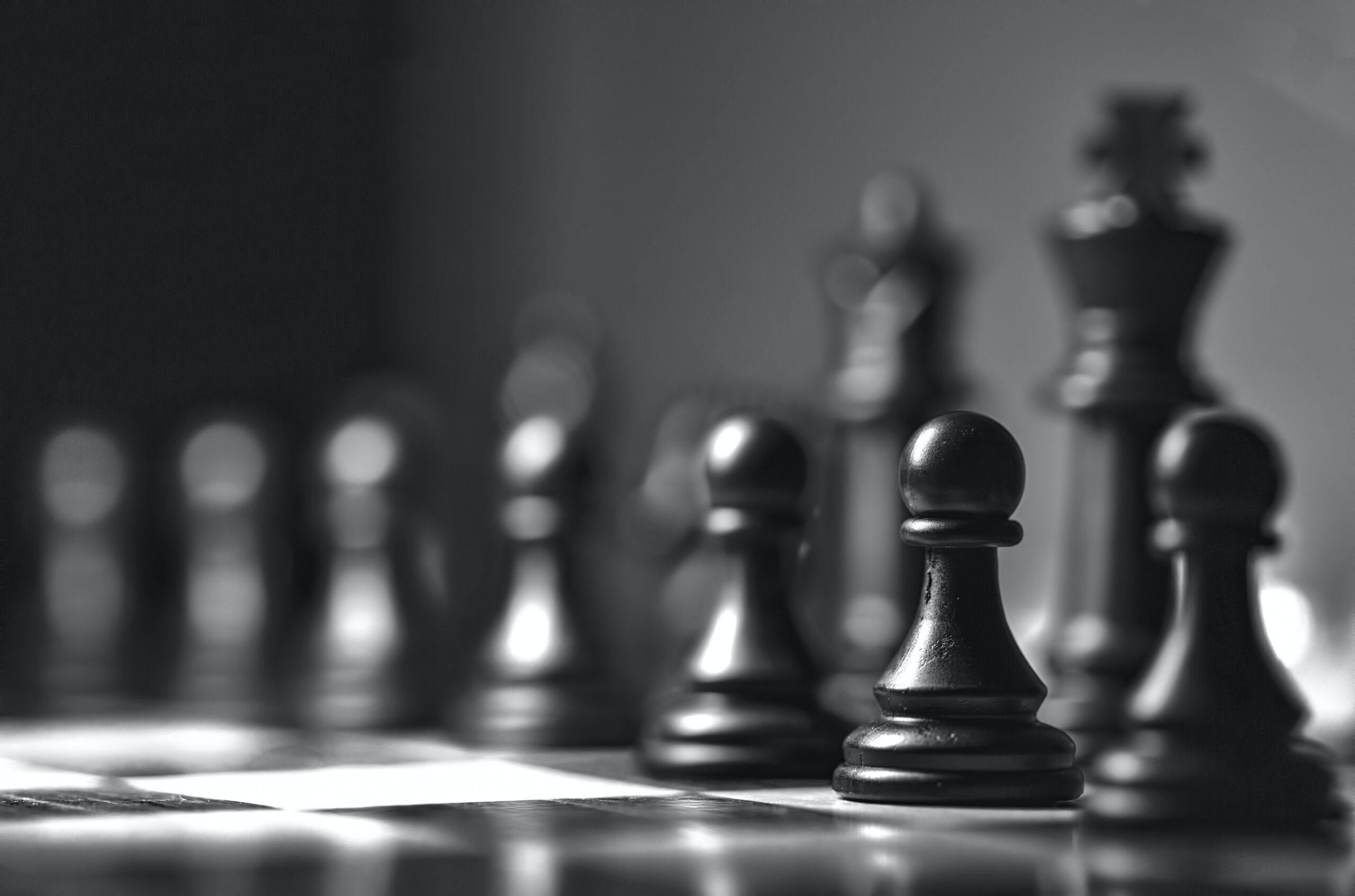
The real power and gift that Jiu Jitsu has given me doesn’t rest in immunity to all the same pitfalls I was susceptible to before I started training — it’s that I trust myself to overcome them.
We tend to speak to ourselves in ways that we would never speak to anyone we love and care about. We berate, criticize and admonish ourselves to an extent that, were our words uttered to anyone else, we would appear nothing more than a giant asshole.
Most of us would do well to extend the same compassion and concern we show to others to ourselves. In a recent podcast, I heard Sam Harris, the philosopher whom I previously mentioned, update his previous quote on wisdom saying, this time, that “true wisdom lies in one’s ability to make their own mind their friend.”
[Tank: A Valuable Lesson On Appreciating Life]
